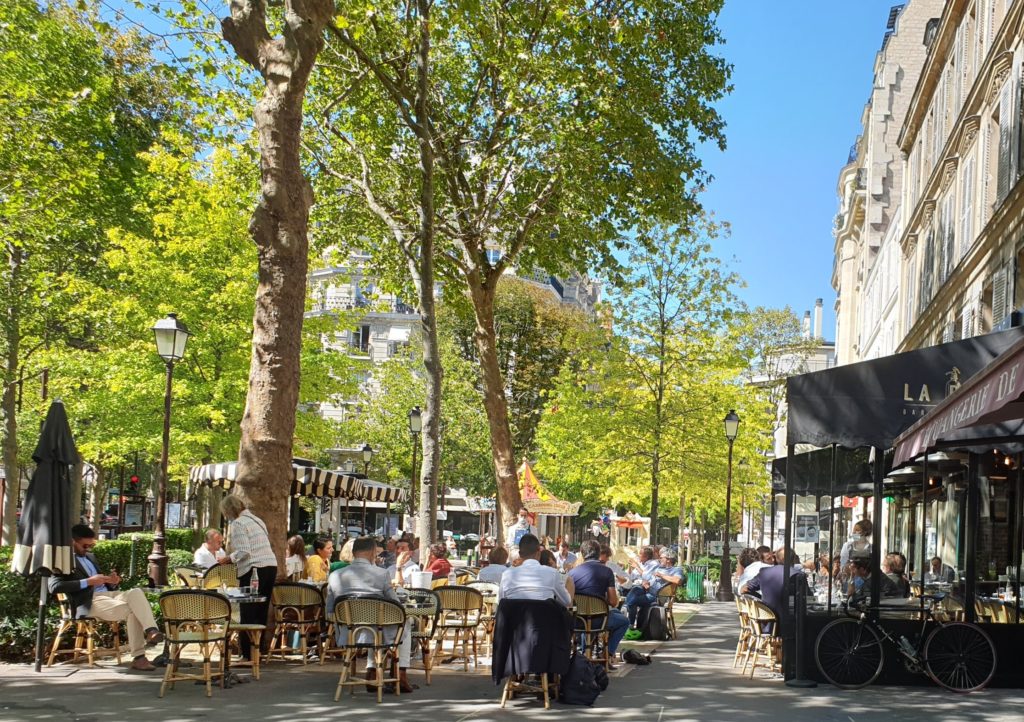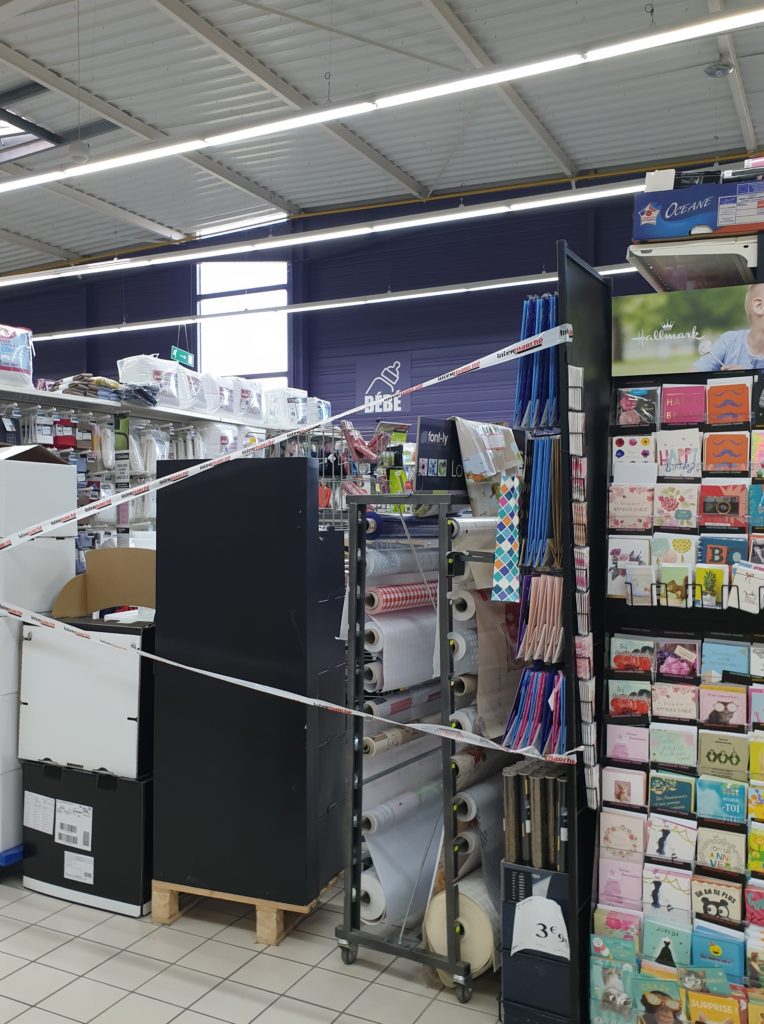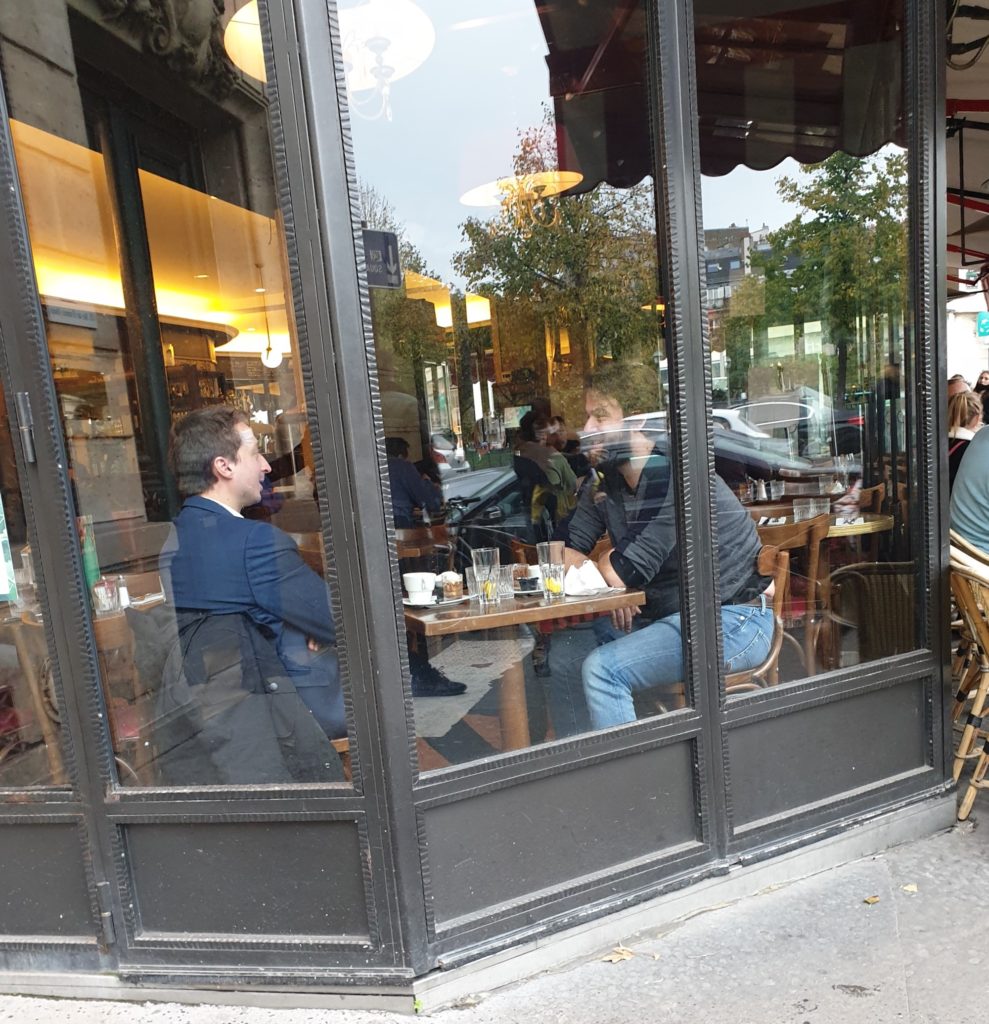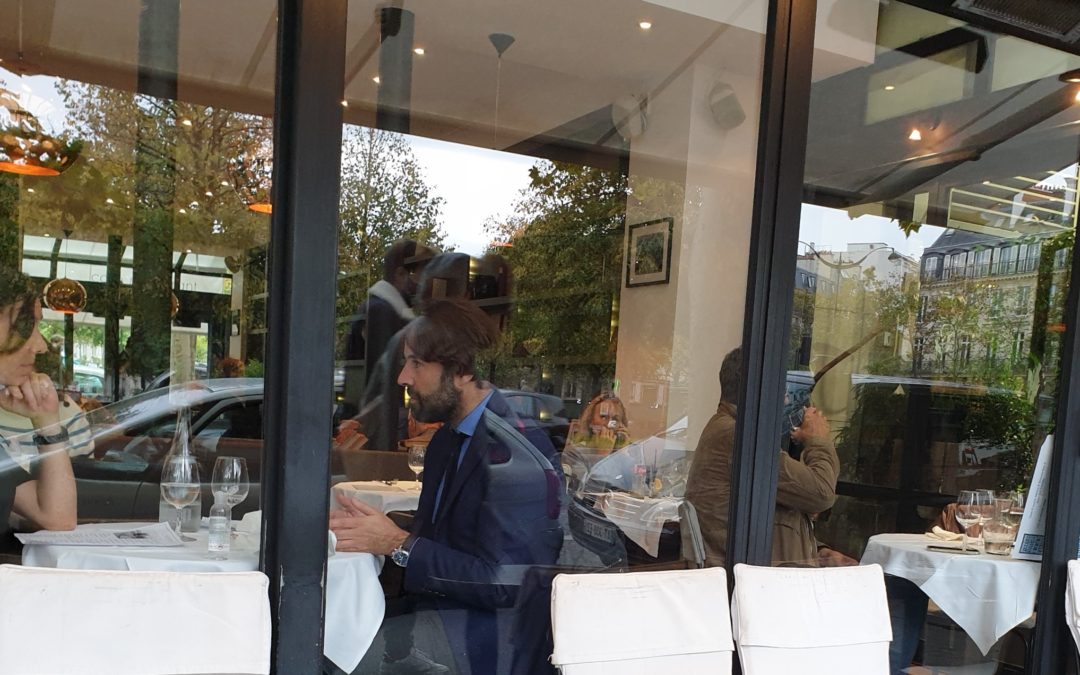Originally published in The American Scholar
There are two lessons to be drawn from Europe’s second wave of Covid-19:
1. Getting it right the first time isn’t enough.
2. Messing with dinner time doesn’t work.
In the summer, the countries of continental Europe seemed to have fought the virus with great success, and effort. France, where I live, imposed a 56-day lockdown that allowed people to leave home only with a permission slip and only for accepted reasons. Italians were in their apartments even longer, famously coping by singing opera from their balconies. People in Spain, stuck inside for three full months, weren’t even allowed to leave for exercise.
Cases, and deaths, dropped dramatically in all three countries, as well as in Germany, where the case load was much smaller because of the country’s superior testing and tracking capabilities. (The United Kingdom registered declines as well, but its response was widely viewed as haphazard.) When I went to the United States over the summer, I boasted that I resided in a nation that actually knew how to handle a pandemic.
By the time I returned, that was no longer true. The French, especially, had happily gone on vacation, mostly in France since cross-border travel was restricted. Some people took infections to their destinations, others returned with them. Masks were required everywhere, but by early September, there were more than 5,000 new cases each day. This in a country with one-fifth the population of the United States. Deaths stayed low for quite some time, then began creeping up.

President Emmanuel Macron, facing a slide in his popularity, was loath to take actions that would anger the population. On the third weekend of September, Paris hosted the last stage of the Tour de France, with 5,000 masked fans jammed along the Champs-Elysées, and the Heritage Days festival, in which people visit places they normally can’t get inside. It was reservation-only and distanced, but still. The next day began the two-week Roland Garros (French Open) tennis tournament, with limited spectators.
It wasn’t until October 14, when France was reporting almost 20,000 cases a day, that the government got serious—sort of. Groups larger than six, even at home, were banned. A curfew was imposed in the worst-hit cities, including Paris, from 9 p.m. to 6 a.m.
Think about that for a second. Dinner here typically starts no earlier than 8 p.m. We are talking about the cultural equivalent of banning barbecues across the United States.
“Dining in the evening with family or friends is deeply anchored in our culture,” said Elsa Orivel, director of nutrition for Foodvisor, a French diet-and-nutrition app. “Even a student in front of the television would never eat before 7 p.m. It’s a habit we learn young.”
So restaurants went empty, or closed early, and people had friends over at home and dined as late as they wanted. As it had during the summer, the government also allowed everyone to head off on a regular two-week fall vacation, with barely a word of caution. Even as the pandemic was returning, officials imposed no restrictions on holiday movements.
During French vacations, parents often continue to work and send their children to be with their grandparents. One study found that half of children under six are cared for by grandparents on weekends or during vacations. According to the French press, some family caregivers this fall took care to wear masks and distance. Others didn’t.
“We are careful not to hug our grandchildren, but I have to tell you, distancing isn’t always that respected between us,” a 68-year-old man told Le Parisien newspaper. He and his wife took care of two grandkids, aged four and eight, for three days during the recent vacation period.
On October 24, France reported 52,000 new Covid cases, more than half what the United States was showing and far more than anywhere in Europe. Five days later, the government again imposed a lockdown, until at least December 1. Unlike last spring, schools and essential businesses, as well as those that don’t deal directly with customers, can stay open.
British Prime Minister Boris Johnson announced an effective lockdown on October 31, while Ireland and Belgium also closed recently. Germany is in “lockdown lite”—bars and restaurants are closed and gatherings restricted, but people can leave their homes. Spain and Italy, where cases are soaring as well, are still trying to get by with a hodgepodge of rules, some national and some local or regional.
In Spain, for instance, many regions have a curfew from 11 p.m. to 6 a.m. This is the functional equivalent of the French curfew since Spaniards eat dinner astonishingly late. “The joke here is they are trying to put us on a normal European dinner schedule,” said my friend Luis, a lawyer in Madrid. Local lockdowns cover about seven million people, about 15 percent of the population, but the pain of Spain’s three months indoors and the country’s fragmented political system make another national confinement unlikely. Protests are beginning to spring up.
Italians, too, are fed up with virus restrictions. Bars and restaurants must close at 6 p.m., except for takeout, and all public events are canceled. Movie theaters, gyms, and pools are closed until at least November 24. More widespread protests, involving thousands of people, have occurred in Italy than in France and Spain, and some have turned violent. And then there’s the country’s fragile government.
In the spring, “Italians were praised. They were the epicenter,” said my friend Dan, a retired journalist who lives in Milan. “Then after the summer, the unity faded. A lot of it is fatigue.”
In that sense, Macron has it easier in France. He has a working majority coalition in parliament, heads a centralized system that gives him and his government broad powers, and isn’t up for re-election until May 2022. His popularity is running at about 38 percent. A majority of the French support the new restrictions, but many oppose the unfairness built into them. Small booksellers must close, for instance, while large multiproduct stores can sell books. The government’s response to small-shopkeeper complaints: Ban the sales of nonessential items, such as books, in the big stores, too.

That’s just one example of the devastating economic impact of ordering people to stay at home. But without it, European countries have learned, people find ways to infect themselves.
Take indoor spaces. Right up until the lockdown, cafés and restaurants in Paris were doing a healthy business at lunch. Three bistros, two cafés, two elegant restaurants, a sandwich place, and a sushi joint all are situated on the big circle near where I live north of the Étoile.
I walked around it the day before the lockdown went into effect. Every single establishment had plenty of lunch customers, facing each other, sitting next to each other, and not wearing masks. They looked like they were having a great time.

